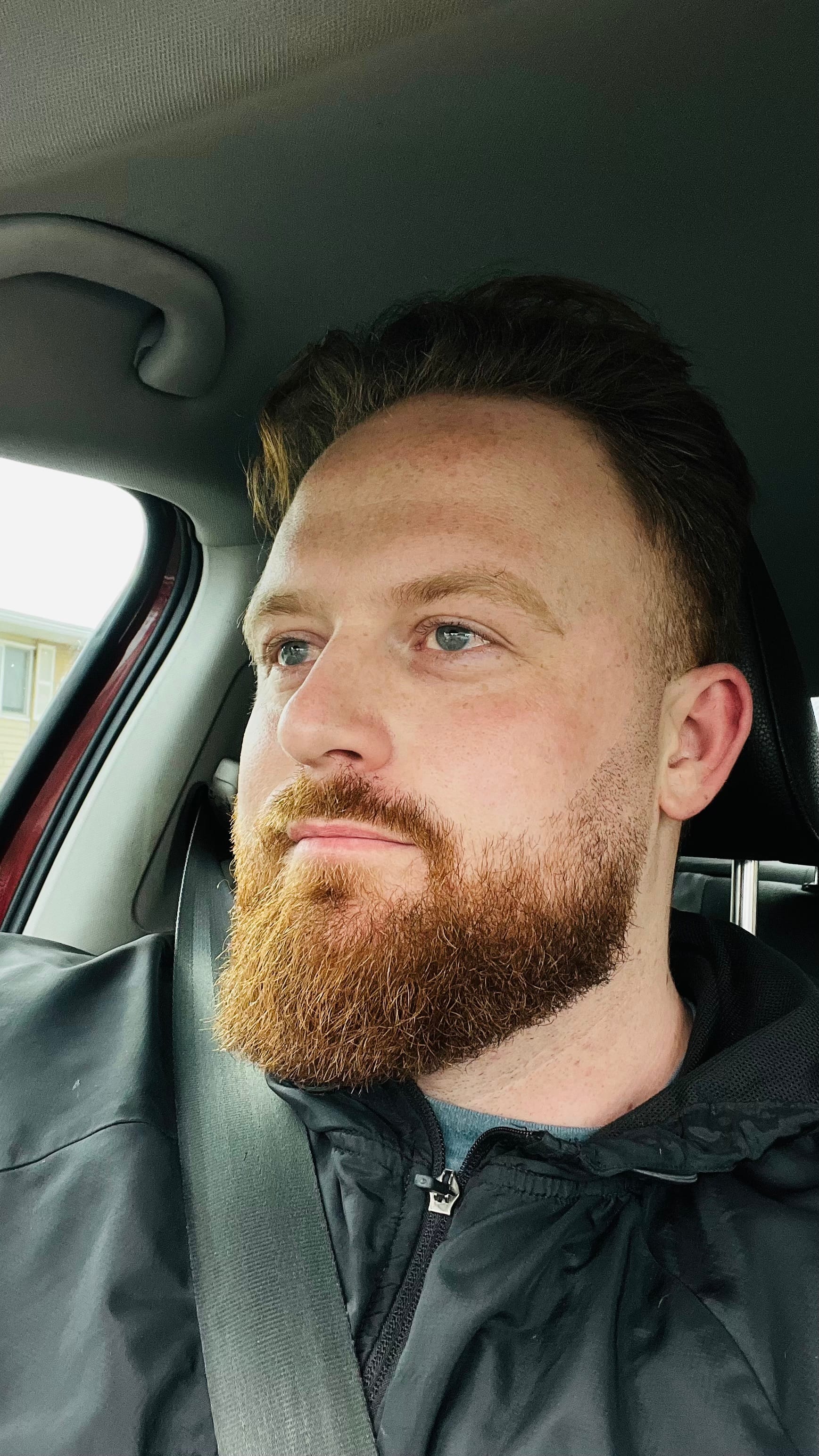Why the 10,000-Hour Rule is a Myth: David Epstein’s Success Secrets from The Diary of a CEO
David Epstein debunks the 10,000-hour rule on The Diary of a CEO podcast, emphasizing that success comes through exploration, failure, and adaptability. This article breaks down Epstein’s key insights and offers actionable advice on cultivating broad skills and navigating complex environments.

Diary Of A CEO- Debunking The 10,000 Hour Rule
We’ve all heard the advice: if you want to master something, you need to put in 10,000 hours of deliberate practice. But what if that’s not entirely true? In David Epstein’s enlightening conversation with Steven Bartlett on The Diary of a CEO podcast, he dismantles this myth, offering a more nuanced view of success that involves exploration, failure, and adaptability.
In this article, we’ll explore the powerful lessons from Epstein’s research, providing practical takeaways for anyone who’s ever felt pressured to specialize or spend endless hours perfecting one skill. We’ll also dive into the broader implications of Epstein’s ideas, connecting them to real-world examples and offering actionable advice.
The 10,000-Hour Rule: Why It’s Not Enough
Malcolm Gladwell’s interpretation of the 10,000-hour rule, based on research from Anders Ericsson, has been widely embraced as a path to mastery. While deliberate practice is indeed a vital element of skill development, Epstein points out that the rule falls short in several ways. Specifically, it doesn’t account for the context in which skills are developed, nor does it consider the broader applicability of generalist skills.
Epstein explains that in many fields, early specialization can actually be detrimental. He cites examples from sports, business, and even scientific research, where individuals who took time to explore multiple areas before focusing on a single domain often achieved more lasting and significant success.
Take the story of Vincent van Gogh, a painter whose early career was marked by failure and exploration. Before becoming one of the most influential artists in history, Van Gogh tried his hand at several careers, including working as a teacher and a missionary. His artistic breakthrough came only after years of experimentation, drawing on a wide range of experiences. Van Gogh’s success was not the result of 10,000 hours of deliberate practice in painting but rather a broader exploration that informed his unique artistic style.

Practical Takeaway: Focus on Breadth Before Depth
If you’re early in your career or looking to pivot, don’t rush to specialize. Instead, spend time exploring different fields and interests. This exploratory phase will help you build a solid foundation, enabling you to connect ideas from different domains and approach problems with a broader perspective.
The Exploration Advantage: Why Trying New Things Matters
Ted Talk
Epstein introduces the concept of the explore-exploit tradeoff, which is crucial for understanding how success is built over time. In this model, you need to spend time exploring different possibilities before “exploiting” or honing in on one path. This exploration phase is particularly important in today’s world, where industries are evolving rapidly, and adaptability is key.
He highlights examples like Roger Federer, who didn’t focus solely on tennis from a young age. Federer experimented with various sports, which contributed to his agility, coordination, and overall athletic prowess. By waiting until later in life to specialize, Federer was able to draw on a wider range of skills, making him one of the most successful athletes of all time.

But it’s not just athletes who benefit from exploration. Consider the career of Steve Jobs. Before founding Apple, Jobs dabbled in calligraphy, philosophy, and Eastern spirituality. These seemingly unrelated interests eventually influenced Apple’s emphasis on design and user experience, shaping one of the most valuable companies in the world.
Practical Tip: Make Time for Deliberate Exploration
Incorporate time for exploration into your routine. This doesn’t mean abandoning your primary focus, but rather allocating time to try new things, whether it’s learning a new skill, taking on a side project, or engaging in a creative hobby. By doing so, you’ll cultivate a wider array of tools to draw from in your primary work.
Failure as a Learning Tool: The Power of Hypercorrection
One of the most compelling aspects of Epstein’s discussion is the emphasis on failure as an integral part of success. The hypercorrection effect shows that we often learn more from our mistakes than from our successes. When we make errors, especially ones we perceive as major, we’re more likely to remember and correct them in the future.
Epstein points to the world of startups as a prime example. In Silicon Valley, the mantra of “fail fast, fail often” has led to some of the greatest innovations. Airbnb, now a multi-billion-dollar company, initially struggled to get off the ground. Its founders tried various approaches, faced multiple rejections from investors, and even resorted to selling novelty cereal boxes to keep the company afloat. However, these early failures allowed them to refine their idea and create a platform that revolutionized the travel industry.
Failure, in this sense, becomes a feedback loop—a way to refine your approach until you find what works. The key is to view each setback not as a step backward but as a learning opportunity.
Practical Strategy: Build a “Failure Log”
Start keeping a “failure log” where you record your mistakes, what caused them, and what you learned. This simple practice can help you reframe failures as positive learning experiences and encourage you to take calculated risks without fear of setbacks.
Constraints Spark Creativity
One of the more surprising insights from Epstein’s work is that constraints—whether they’re limitations of time, resources, or skills—often lead to the most creative solutions. This idea is counterintuitive, as we tend to think of constraints as obstacles. However, Epstein explains that constraints force us to think critically and innovate within boundaries.
Consider the creation of Pixar’s Toy Story. The film was the first entirely computer-animated feature, and the technology at the time was incredibly limited. Pixar’s animators had to work within strict constraints regarding rendering capabilities and computing power. These limitations forced them to simplify characters and environments, leading to a minimalist design that became iconic.
Epstein also points to musicians who have created groundbreaking work within strict limitations. For example, the Beatles’ album Sgt. Pepper’s Lonely Hearts Club Band was produced using only a four-track tape recorder. The technological constraints led the band to experiment with layering, editing, and production techniques that transformed the album into a pioneering work in music history.
Practical Tip: Set Intentional Constraints
If you’re feeling stuck or uninspired, try setting some constraints for yourself. This could be a time limit, a budget, or a specific resource limitation. You’ll find that these boundaries push you to think creatively and come up with solutions that you might not have considered otherwise.
Generalists Are the Future
In today’s world, generalists are often better positioned to succeed than specialists. This might seem counterintuitive given the emphasis on expertise in many fields, but Epstein’s research shows that generalists excel in complex, unpredictable environments.
Take the story of Nintendo. Before becoming a video game giant, Nintendo experimented with various products, including playing cards, instant rice, and even a taxi service. It wasn’t until they explored these different avenues that they stumbled upon video games—a move that would revolutionize the entertainment industry.
The success of generalists like Elon Musk and Jeff Bezos further illustrates this point. Both entrepreneurs have applied their skills across various industries—from space travel to electric vehicles to e-commerce—drawing on a broad range of experiences to innovate and succeed in ways that specialists in those fields could not.

Actionable Advice: Cultivate Diverse Skills
Rather than focusing exclusively on one domain, actively work on developing a range of skills and knowledge. Read widely, experiment in different fields, and look for ways to connect seemingly unrelated ideas. In a world that values adaptability, being a generalist will give you a competitive edge.
The Complexity of Success: Lessons for Life and Career
David Epstein’s appearance on The Diary of a CEO podcast offers a rich tapestry of insights that challenge conventional wisdom around success and mastery. The 10,000-hour rule may provide a useful framework for understanding deliberate practice, but it doesn’t tell the whole story. Success is far more complex, involving exploration, failure, creativity under constraints, and the ability to adapt to new environments.
For anyone feeling the pressure to specialize or obsess over a singular goal, Epstein’s message is clear: take your time to explore. Embrace failure as a learning tool, set constraints to fuel your creativity, and cultivate a wide range of skills. This broader approach will not only help you succeed in your chosen field but will also equip you to navigate the uncertainties of the modern world.
Practical Takeaways:
• Explore before you specialize: Don’t rush to narrow your focus. Take time to explore different fields and experiences before settling into one.
• Reframe failure: Start seeing failures as opportunities to learn and grow. Keep a failure log to track your mistakes and what you’ve learned from them.
• Embrace constraints: Use limitations as a catalyst for creativity. Setting boundaries can lead to more innovative solutions.
• Develop a wide range of skills: Cultivate generalist skills that allow you to adapt to changing environments and connect ideas across disciplines.
Feeling stuck in a rigid path or afraid to take risks? Challenge the 10,000-hour rule by exploring more, failing more, and connecting the dots between different fields. Share your journey in the comments or on social media using #GeneralistSuccess. Let’s redefine mastery for the modern world!
That's all I have for you today. I love you all. Thank you for being here and for supporting me the way you do. It means the world to me. Please share this with someone who you think could benefit from our community.
To The Week Ahead 🍻
With all my heart,
Your Friend, Austin ❤✌
You might be reading this but if you're not subscribed you could be missing out on exclusive content and other articles just like these. So please Leave a thumbs up, subscribe and i'll catch you on the next one! ✌🏻
Check Out All The Gear I Use For My Daily Journaling And WorkFlow
My Everyday Leather notebook Folio 📔
My Current Favorite Personal Journal 📚
The Every Day Carry Brass Pen 🖊️
How I listen to all my podcasts and books🎧
How I write all of the content I deliver to you beautiful people. 💻
Where I get all of my Audio Books 📚
Buy bestselling books online
Until Our Next Rendezvous
With all my heart,
Your Friend, Austin ❤✌
P.S. Many of you asked how you can help support this journaling movement, the most helpful thing you can do is leave a thumbs up 👍 leave a comment 💬 and share this post with your friends and family who might also find this topic interesting. Also Follow me on X formerly twitter @AmelioratingMan As this continues to grow I plan to add some kind of referral program to reward your support and I am also currently working behind the scenes on some exciting projects and giveaways for you all so stay tuned for that. Thank you all so much! Happy journaling! ♥
p. ps: I recently partnered with Amazon's affiliate program so any link provided on this post or any other place on my site that you may click on and make a purchase I will receive a small commission. I personally select what products are featured on here and I will never recommend anything I don't already use myself. Thank you all for the continued love and support.




